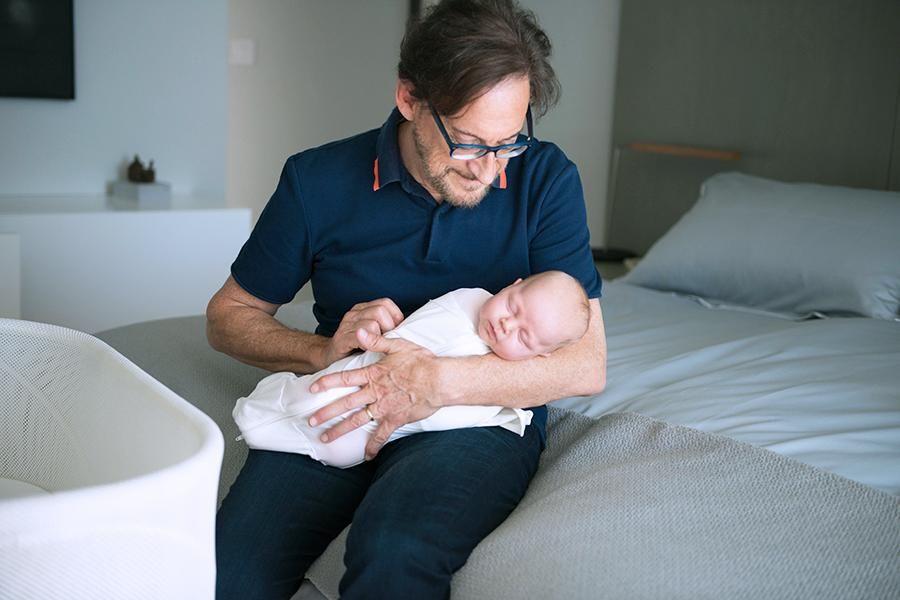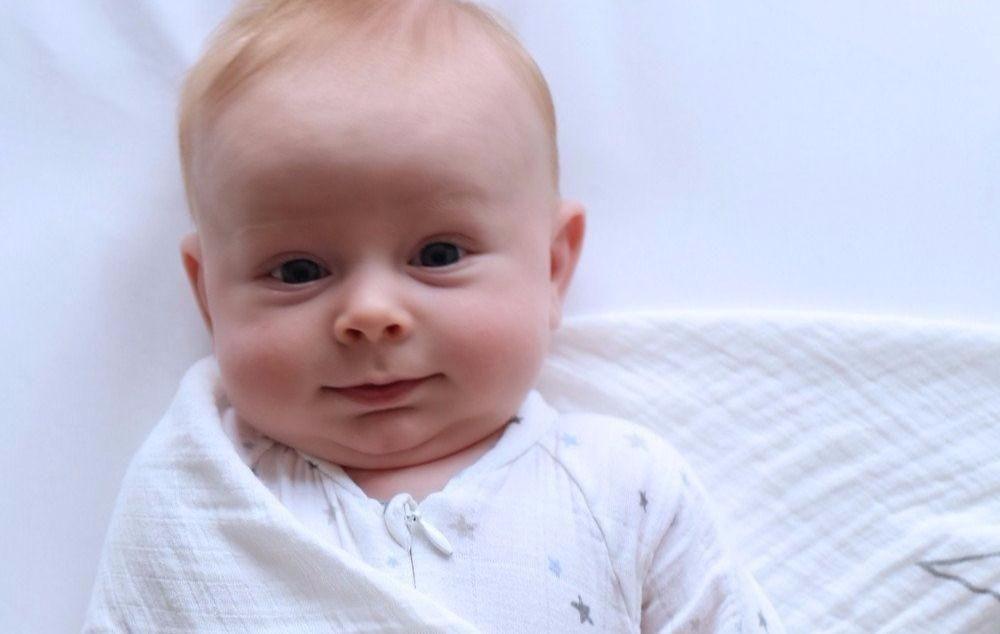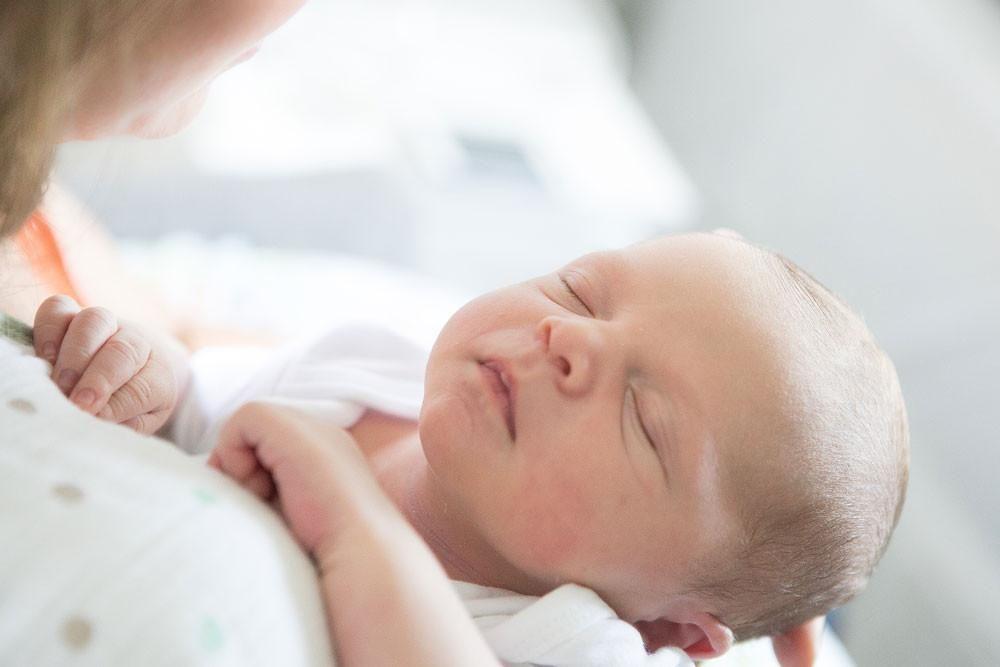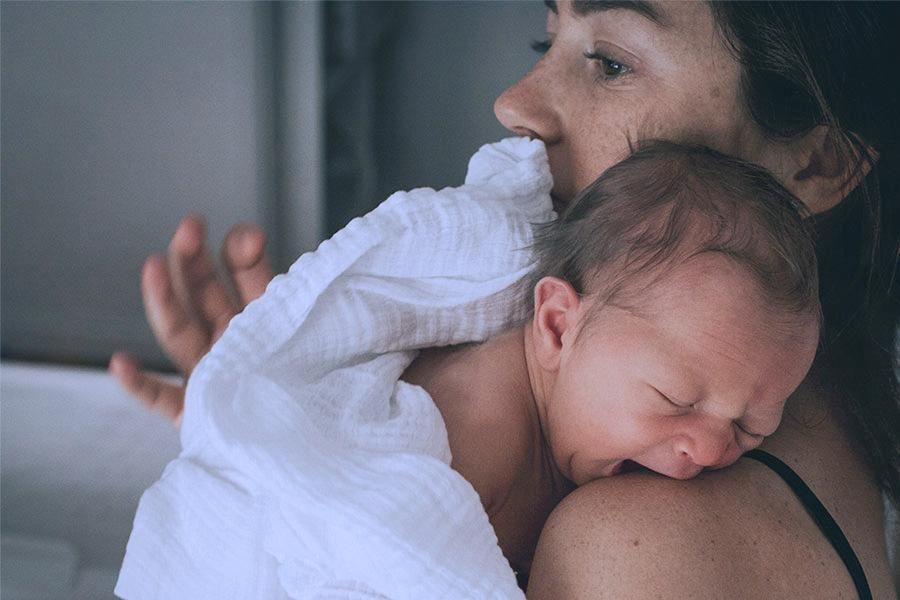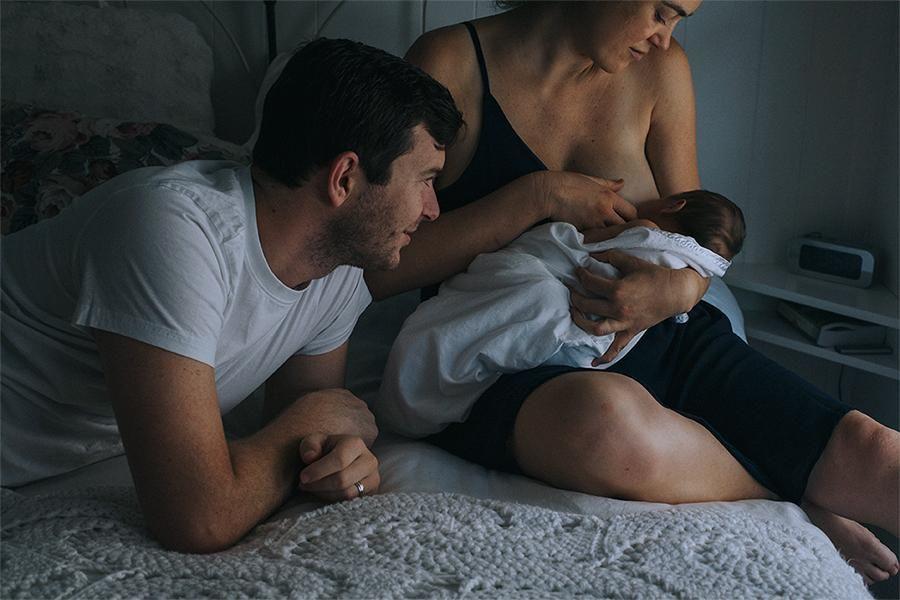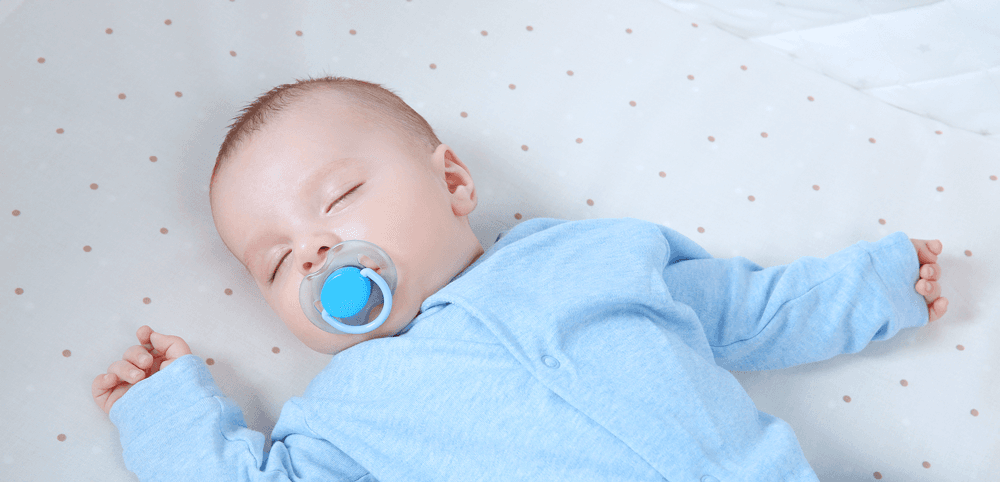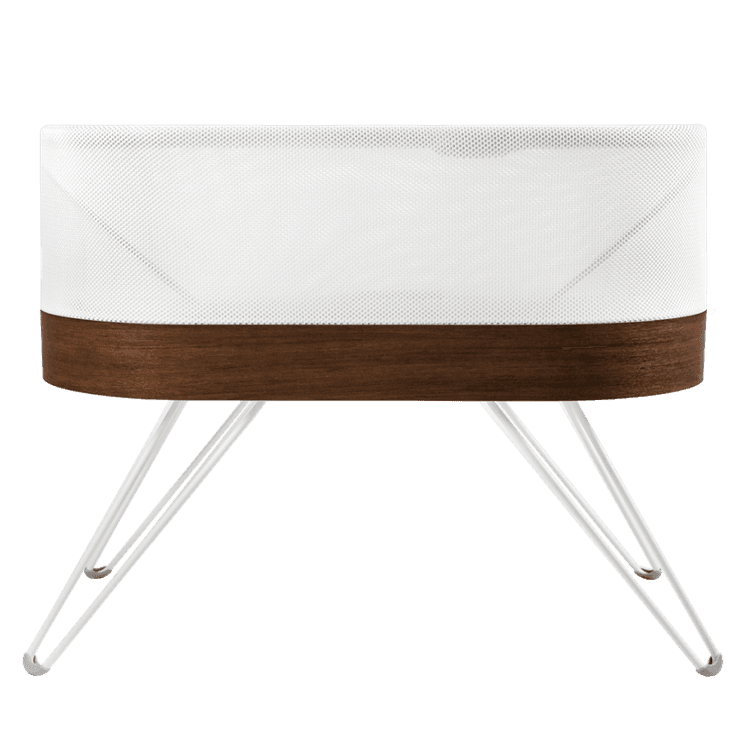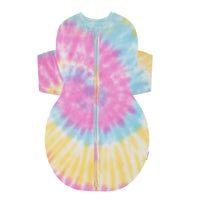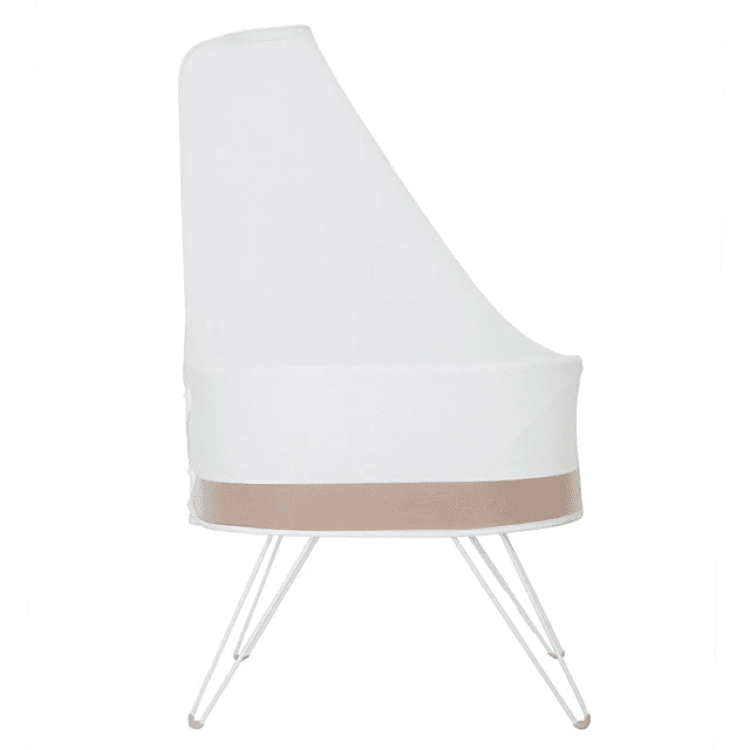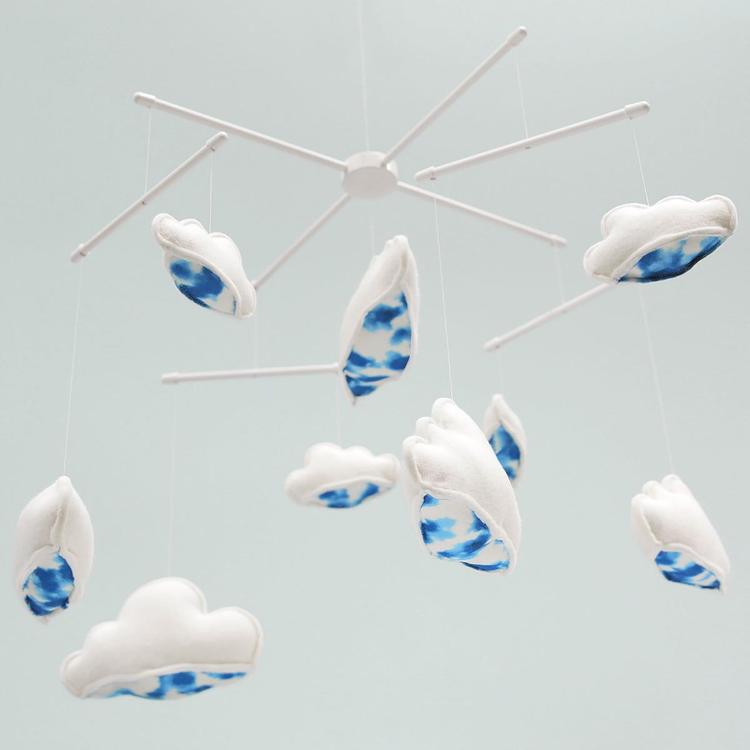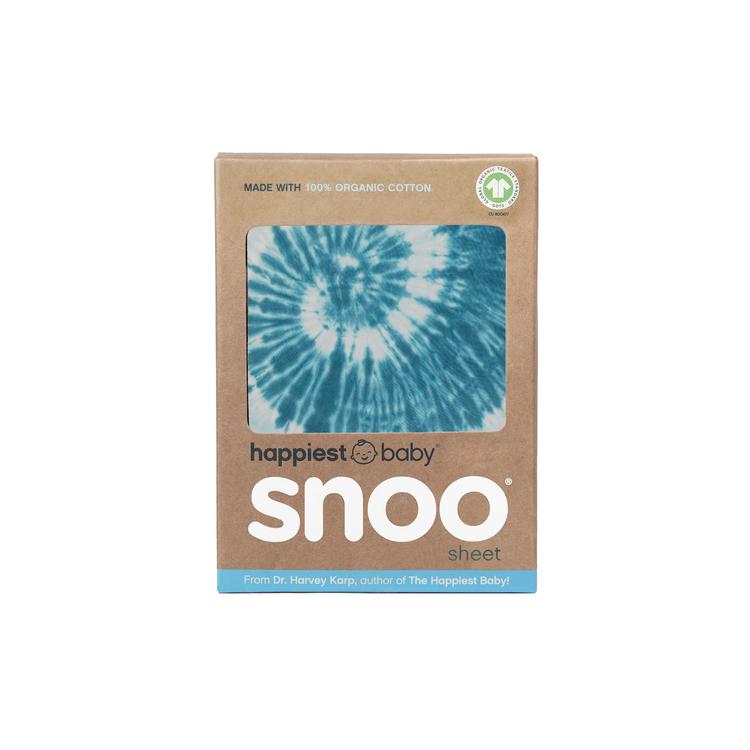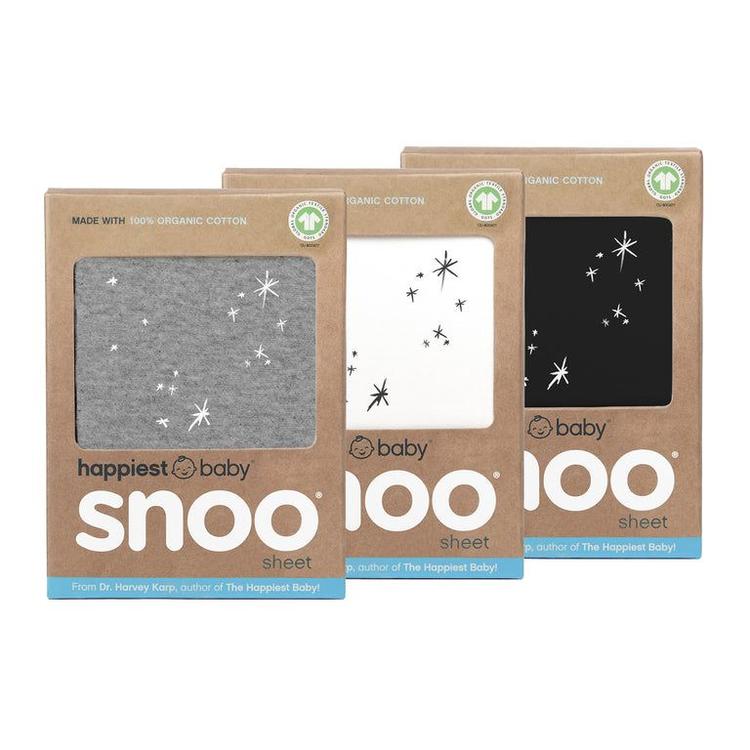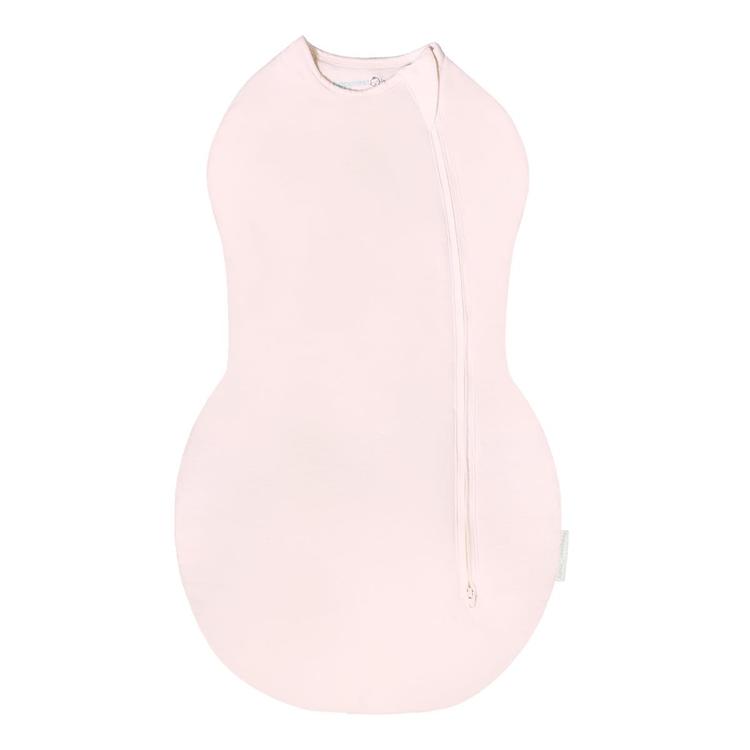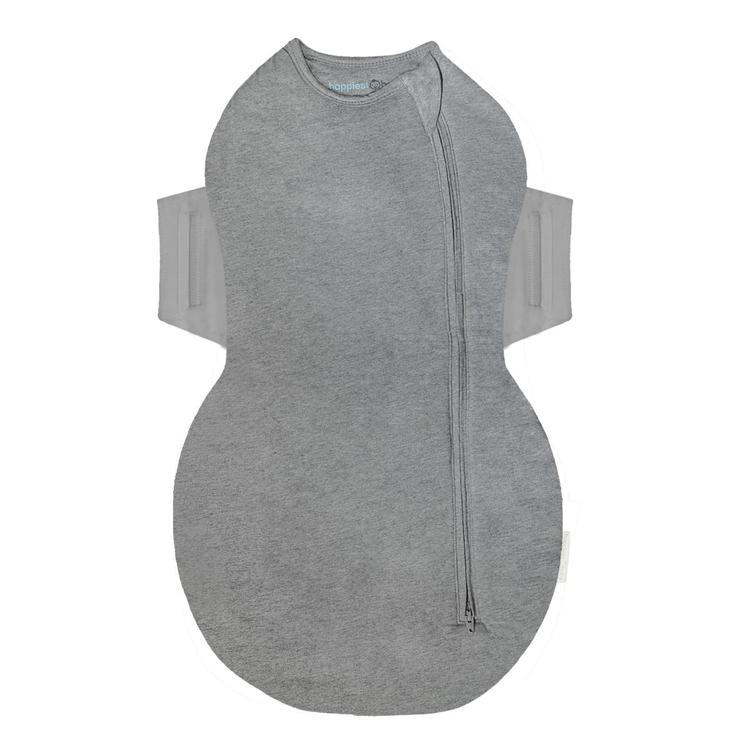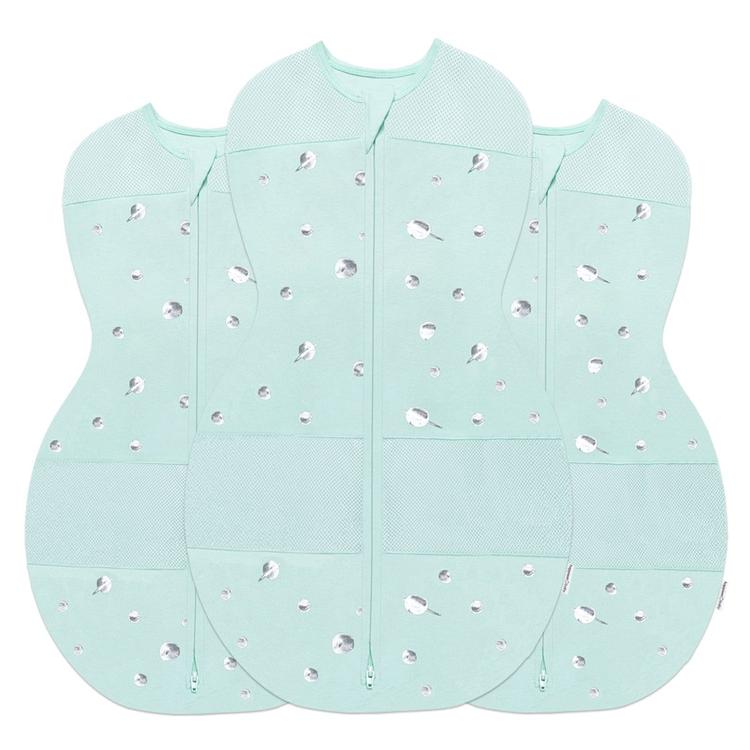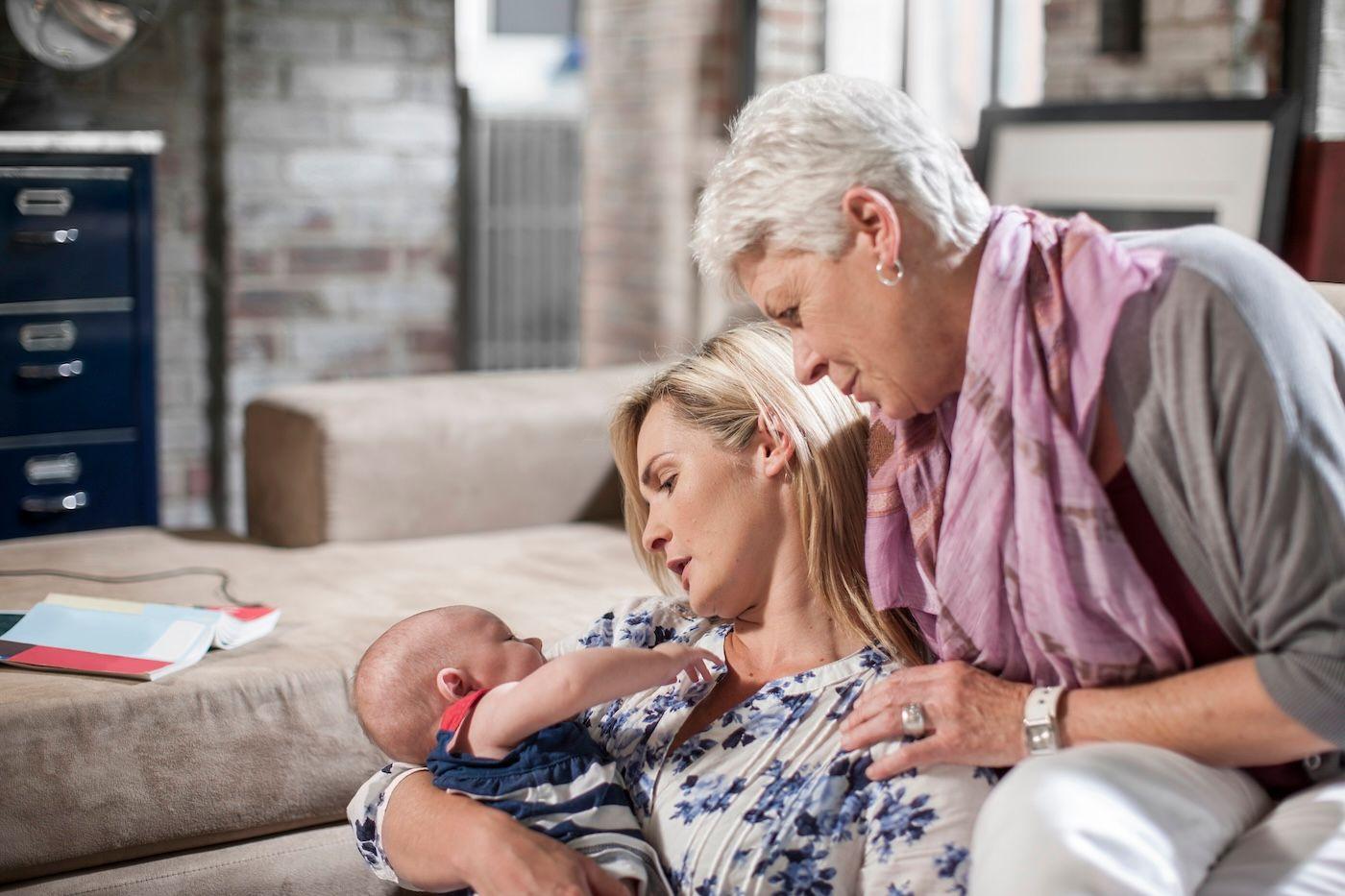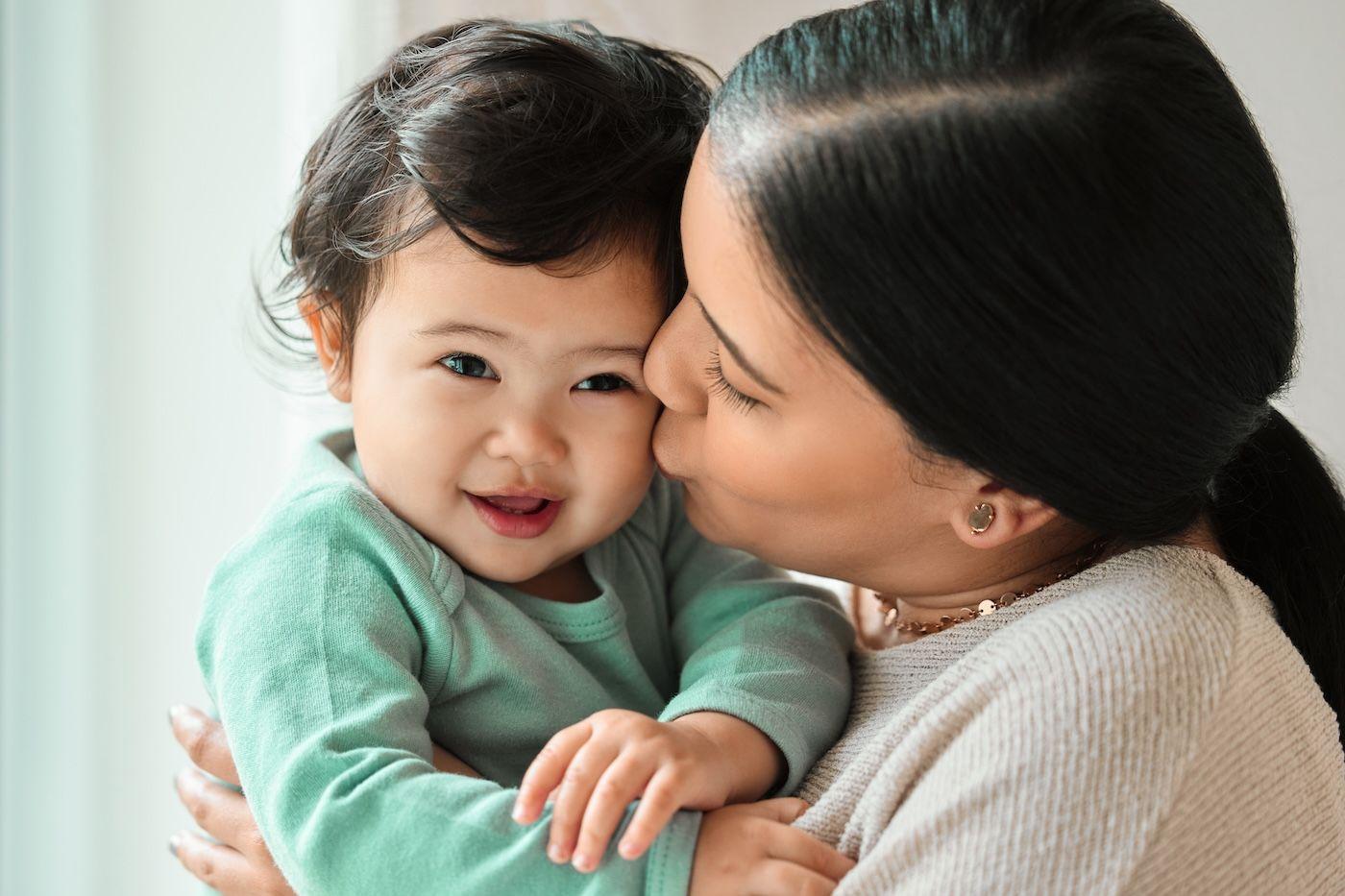PARENTS
5 Ways to Protect Your Kids From Guns
We know that kids are naturally curious. We also know that some kids live in a home with guns—many of which are stored unsafely.
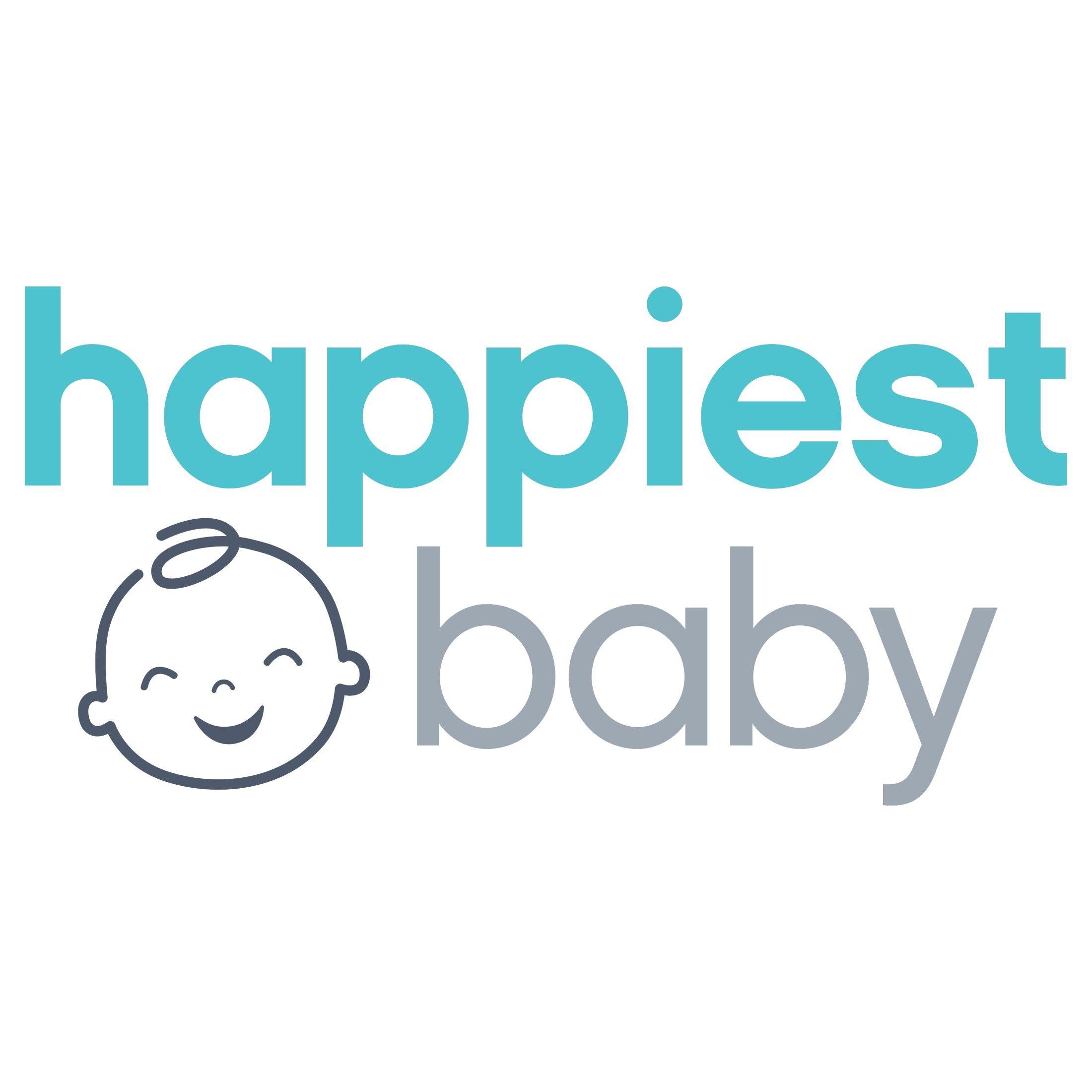
Written by
Happiest Baby Staff

There are so many safety precautions we take as parents. We put a gate at the top of the stairs. We lock up cabinets that house toxic cleaning products. We cut grapes into quarters to prevent choking. But in many homes there is an even bigger danger to contend with: guns.
We know that kids are naturally curious. We also know that having an unlocked, fully loaded gun in the home can be deadly. Unfortunately, some kids live in a home with guns…many of which are stored unsafely.
If you have a gun in your home, if you are considering getting a gun, or if your child may play in a home where a firearm is present, there are some basic safety protocols that you can take to ensure that your family remains safe—and that your firearm does not end up in the wrong hands.
Take a gun safety course.
If you have never owned a firearm before, or if it has been a long time since you have used one, it is a wise idea to brush up on gun safety. Many professional organisations offer courses that teach you everything you need to know about how your weapon operates, how to store it safely, and how to dispose of it when you think you want to stop using it.
Store guns safely.
The safest way to keep a gun in your home is to make sure it is unloaded and locked away from little ones. Here are some smart storage tips:
- Store your firearms where children cannot see them, and never leave them out in the open such as on a table.
- Keep your firearm unloaded with the safety lock on.
- Store ammunition separately from the firearm to reduce the risk of accidents.
- Store your firearm and ammunition outside of your house.
- Use a lockbox, safe, or other secure facility to store your firearm.
Ask if there are guns in the home before playdates.
It is common practice to ask lots of questions about safety before dropping the kids off at a new friend’s home. You probably already think to ask questions like, who is supervising? Are there pets in the house? Or maybe you ask about screentime or food allergies. But one question that many parents do not think to ask is: Are there guns in the house?
One-third of all unintentional shootings that involve kids happen when kids are visiting a home with firearms. If there is a firearm in your child's playmate’s home, you may want to offer to host instead.
If you are going forward with the get-together, make sure you are clear on what precautions they have taken to keep firearms out of little hands. It might be an awkward conversation, but it is too important to skip. On the flip side, if someone visiting your home has a gun with them, ask them to secure it in the trunk of your car where you can lock it up and keep your kids away from it.
How to talk to your kids about firearms.
Knowledge is power. It is crucial to talk to kids about guns and gun safety so they know exactly what to do if they stumble across a gun. Explain to your children that they should never touch a firearm, and should they find one at a friend's home, they should tell an adult right away.
It is also important to remind kids often that the kind of gun violence they might see in the media is very different from real life. You might get several lives in a video game, but you only get one in reality, and when it comes to guns, kids can get hurt or killed.
Firearms and mental health:
When a loved one is experiencing a mental health crisis, having a firearm in the mix can have deadly consequences. Here are some tips to consider if this situation applies to your family:
- Remove all firearms from your home if the person in crisis is living with or visiting you.
- Ask for help. If you think someone is in crisis and may be harmful to themselves or others, contact an emergency hotline.
By talking to your children about gun safety inside and outside your home, you can help prevent serious injury…or even death.
Disclaimer: The information on our site is NOT medical advice for any specific person or condition. It is only meant as general information. If you have any medical questions and concerns about your child or yourself, please contact your health provider. Breastmilk is the best source of nutrition for babies. It is important that, in preparation for and during breastfeeding, mothers eat a healthy, balanced diet. Combined breast- and bottle-feeding in the first weeks of life may reduce the supply of a mother's breastmilk and reversing the decision not to breastfeed is difficult. If you do decide to use infant formula, you should follow instructions carefully.
SHARE THIS ARTICLE
PARENT PICKS
Bestsellers
